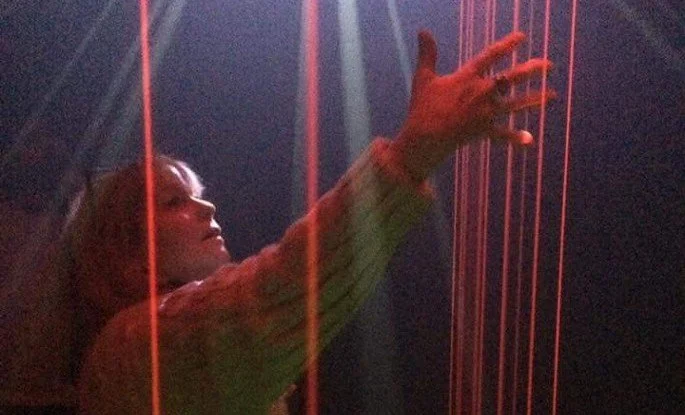Jesus prayed:
“the world has hated them because they do not belong to the world, just as I do not belong to the world. … I ask that they may all be one. As you, Father, are in me and I am in you, may they also be in us.” John 17:14, 21
What is Jesus asking here?
What is his prayer about?
He is saying that we do not “belong to the world” in the same way he does not.
He is also saying that he wants us to be one with God in the same way he is one with God.
In what way was Jesus one with God? A lot of metaphors are used. He was God’s son. He was God in flesh. He was God.
But what happens to us if WE are one with God in this same way?
We are God’s child? We are OK with that
We are God in flesh? Wait, getting into territory we can’t deal with
We are God? Nope - heresy
This great heresy was first committed by Jesus, when he made claims to be God’s son, god in flesh … God. His culture rejected it in the same way we reject the statements above when they are made about us. These are things we are not supposed to say, or believe.
But perhaps, this is nothing more than an expression of a state of consciousness. A state of consciousness that realizes that all is one. That we and the divine ground of being are one, just as Jesus and God were one.
That his prayer has been answered.
Most people who have had this revelation, or an experience of this oneness, keep their mouths shut for fear of being thought crazy, or a heretic.
After all, Jesus had this revelation, Jesus lived in this consciousness and he was crucified for it.
If you believe God is an absolute omnipotent, omniscient, cosmic-ego type of authority, then to claim to be God is to introduce democracy into the kingdom of heaven, to usurp divine authority and to speak in its name without proper authorization.
When Jesus made such democratic claims: when he claimed he could forgive sins, when he healed, the religious folks asked,
“By what authority are you doing these things? Who gave you this authority to do them?” Jesus said to them, “I will ask you one question; answer me, and I will tell you by what authority I do these things. Did the baptism of John come from heaven, or was it of human origin? Answer me.” They argued with one another, “If we say, ‘From heaven,’ he will say, ‘Why then did you not believe him?’ But shall we say, ‘Of human origin’?”—they were afraid of the crowd, for all regarded John as truly a prophet. So they answered Jesus, “We do not know.” And Jesus said to them, “Neither will I tell you by what authority I am doing these things.”
In other words, Jesus refused to play the authority game. It’s not a contest of authority in the spiritual realm. It is a shared oneness. Oneness that says we can also forgive sins, heal others, and more. Jesus said we would do even greater things than he did. He was not worried about being the ultimate authority.
Jesus was happy to make it democratic. He was happy for us to be one with the divine force in the same way that he was.
He hoped we would believe this and act upon it. He hoped we would say to mountains in our lives to be cast into the sea, and it would happen. He said that when we forgave someone, they were forgiven. That’s a lot of authority. God-like in fact.
Religion tells us that what we say must be authorized by some other authority (i.e. Moses, Jesus, Paul, etc..) It cannot be our own. WE are not allowed to be an authority.
Heaven forbid!
Chaos would break out!










